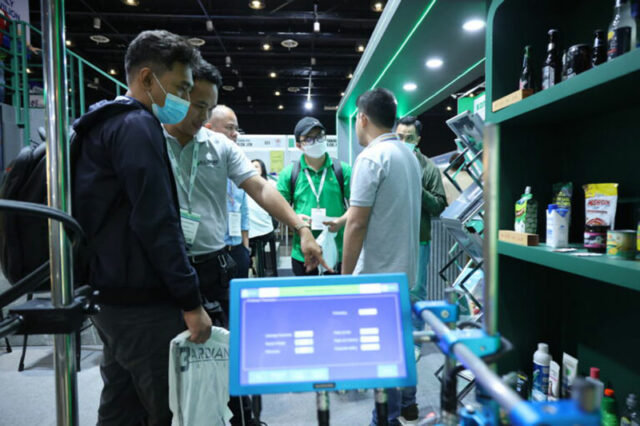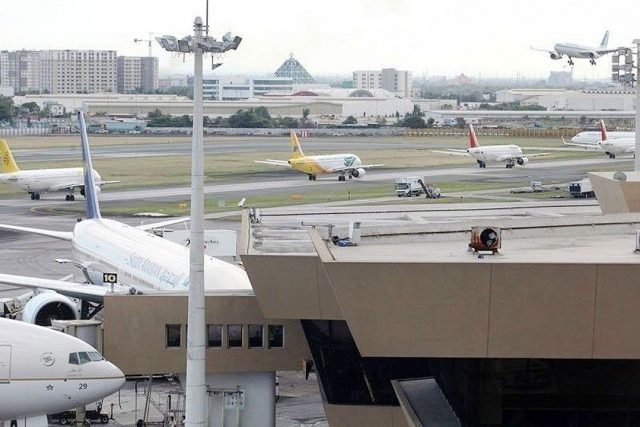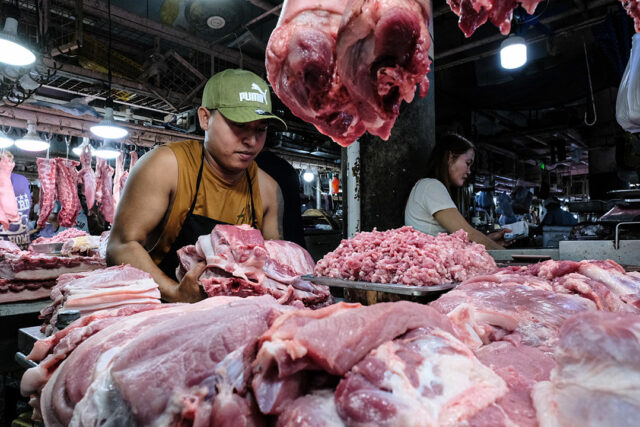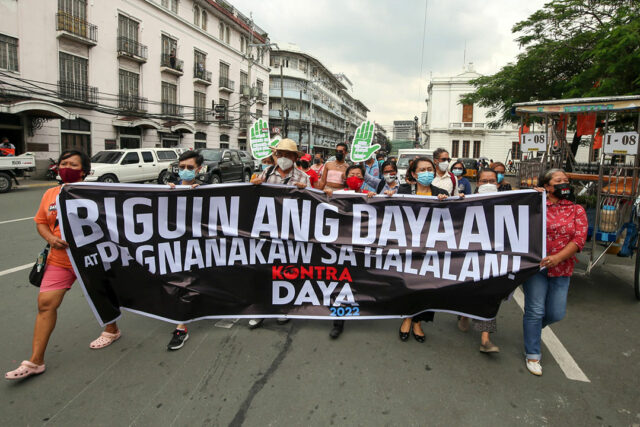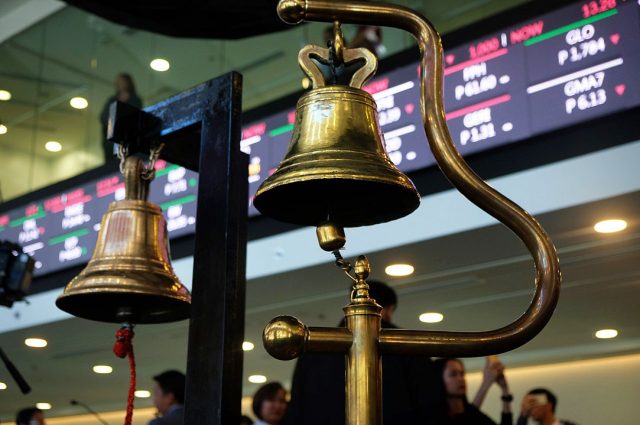By Chloe Mari A. Hufana and Adrian H. Halili, Reporters
THE National Bureau of Investigation (NBI) on Wednesday said it had filed a complaint for inciting to sedition and grave threats against Vice-President (VP) Sara Duterte-Carpio over her reported assassination threats against President Ferdinand R. Marcos, Jr., his wife and the Speaker.
The bureau has sent its findings to the Department of Justice’s (DoJ) Office of the Prosecutor General, NBI Director Jaime B. Santiago told a news press briefing.
The Vice-President faces a 12-year jail term if she is found guilty of the grave threat charges. Her office declined to comment when contacted by telephone.
“The person allegedly tasked with the assassination was not identified,” Mr. Santiago said in Filipino. “Hopefully, we can ask Ma’am Vice-President.”
The NBI summoned journalists and influencers present at Ms. Duterte’s November 2024 briefing where she allegedly threatened Mr. Marcos, his wife and presidential cousin and Speaker Ferdinand Martin G. Romualdez.
Ms. Carpio has denied having threatened them, adding that her words had been taken out of context.
The NBI complaint “has no basis in fact and in law,” Salvador S. Panelo, President Rodrigo R. Duterte’s legal counsel, told reporters in Viber message.
“It obviously is tainted with politics, and still part of the demolition job on her by her political enemies to put her out of contention in the presidential race of 2028,” he added.
Mr. Santiago said the decision to file a complaint against Ms. Duterte was based on evidence, adding that they had not been coerced by any politicians.
“We are apolitical,” he said in Filipino. “No one ordered or dictated to us what should be done with the case. The outcome of our investigation was based on the evidence.”
In a statement, DoJ spokesman Jose Dominic F. Clavano IV said they have received the NBI complaint.
“With the filing of the complaint, the case will now undergo evaluation and preliminary investigation before the National Prosecution Service,” he said. “The investigating prosecutors must determine whether, based on the evidence, there is a prima facie case with reasonable certainty of conviction.”
The process requires the respondent, Ms. Duterte, to submit a counter-affidavit. Prosecutors will review the evidence from both parties and rule on a possible indictment.
“It is not necessary that the recipient actually feels intimidated or takes the words seriously; what is crucial is that the statement was made with the purpose of creating intimidation or fear,” he said, referring to the grave threat charge. “This is what the prosecutors will evaluate based on the evidence presented.”
Mr. Clavano said the crime of inciting to sedition refers to statements that pose a real and imminent threat to public order regardless of whether actual unrest occurs.
He noted that while freedom of speech is protected, the Supreme Court has ruled it does not extend to speech that incites violence, rebellion or disorder.
“The law does not require that an unlawful act be carried out, only that the statement was made with the intent to stir public unrest or disrupt stability,” he added.
Ms. Duterte’s alleged assassination threat was one of the issues raised by civil society groups in their impeachment complaints against her.
Last week, the House of Representatives impeached her on charges of violating the Constitution, betrayal of public trust, graft and corruption and other high crimes.
Meanwhile, Senate President Francis G. Escudero said the NBI’s sedition and grave threat complaints against Ms. Duterte would not affect her upcoming impeachment trial at the Senate. “The NBI’s complaint has no effect on the impending impeachment proceedings,” he told reporters.
Mr. Escudero said the Senate would not use any evidence presented at the preliminary investigation by government prosecutors.
“An impeachment court, like any court, is a passive body. We will not do anything. This is not like a regular Senate investigation where we can issue a subpoena for certain evidence or witnesses to appear,” he said in mixed English and Filipino.
Last week, more than 200 congressmen filed and signed an impeachment complaint against Ms. Duterte. This met the more the one-third vote required by the Constitution for her to be impeached.
The House of Representatives sent the impeachment complaint to the Senate during the last day of the congressional session. Twenty-five more congressmen later endorsed the complaint.
The ouster charges consisted of seven articles of impeachment, including allegations of plotting the assassination of the President, misusing secret funds, amassing unexplained wealth and committing acts of destabilization.
Mr. Escudero earlier said the Senate could not hold the impeachment trial while in recess. The trial would likely start after the President’s State of the Nation Address on July 28 or once the 20th Congress begins.

